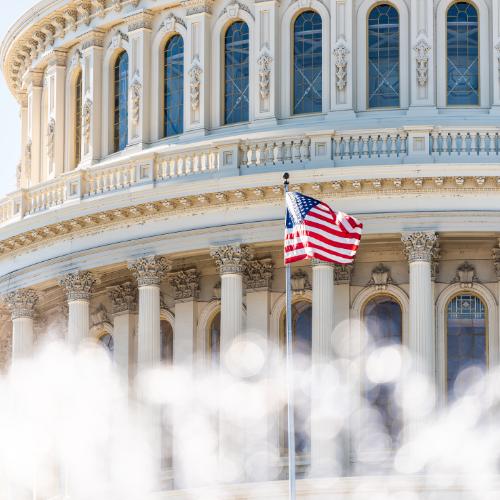Cannabis-induced anxiety can be an uncomfortable experience that affects both new and experienced users. While cannabis is often used for relaxation, some people experience anxiety instead, which can be confusing and concerning. The duration and intensity of these symptoms vary greatly from person to person, depending on multiple factors, including dosage, tolerance, and individual sensitivity. This guide helps you understand what causes cannabis anxiety, how long it typically lasts, and what you can do to manage it effectively. Whether you’re an occasional user or someone who regularly visits the best dispensary in DC, knowing about these effects helps you make informed decisions about cannabis use.
Onset of Cannabis-Induced Anxiety
The onset of cannabis-induced anxiety typically occurs shortly after consuming cannabis, with symptoms showing up within minutes to hours of use. This rapid onset can catch people off guard, especially those new to using cannabis or unfamiliar with its effects. The anxiety experienced can range from mild unease to severe panic, depending on different factors such as dosage, individual tolerance, and the strain of cannabis consumed. It’s important to note that cannabis affects people differently, and what may cause anxiety in one person may not have the same effect on another. Understanding these individual differences and being mindful of consumption levels can help reduce the risk of experiencing cannabis-induced anxiety.
Duration of Anxiety Symptoms
Anxiety symptoms caused by cannabis can persist for varying lengths of time, depending on individual factors and the specific circumstances surrounding consumption. The duration of cannabis-induced anxiety can range from a few minutes to several hours. In most cases, these symptoms typically peak within the first hour after consumption and gradually fade as the psychoactive effects of cannabis wear off. However, for some people, anxiety symptoms may persist for an extended period, especially if consuming high doses or strains with high THC content. It’s important to note that individual differences in metabolism, tolerance, and overall health can influence how long cannabis-induced anxiety lasts. Seeking a calm environment and practicing relaxation techniques can help manage and shorten the duration of these symptoms.
Factors Influencing Anxiety Length
Different factors, including individual tolerance levels and consumption habits, play a significant role in determining the duration of cannabis-induced anxiety. Tolerance refers to how accustomed a person’s body is to the effects of cannabis, potentially influencing how long anxiety symptoms persist. People with low tolerance levels may experience anxiety for longer periods compared to those with higher tolerance. Consumption habits such as the method of intake, dosage, and frequency of cannabis use can impact the duration of anxiety. Higher doses or frequent use may prolong the anxiety experience. Understanding these factors can help people gauge how long cannabis-induced anxiety might last and make informed decisions regarding their cannabis consumption practices.
Coping Strategies for Cannabis Anxiety
Effective coping strategies can help people manage cannabis-induced anxiety symptoms. When experiencing anxiety after cannabis use, it’s important to have tools to help reduce these feelings. Here are three strategies to consider:
- Deep Breathing Exercises: Practice deep breathing techniques to help calm the mind and body, reducing feelings of anxiety.
- Mindfulness and Meditation: Engage in mindfulness practices or meditation to increase awareness of the present moment and promote relaxation and well-being.
- Physical Activity: Engaging in physical exercise can help release endorphins, which are natural mood lifters, and reduce feelings of anxiety.
These coping strategies can help manage cannabis-induced anxiety effectively.
Seeking Professional Help
Looking into the option of consulting with a mental health professional can provide valuable support and guidance for people experiencing challenges related to cannabis-induced anxiety. Professional help can offer personalized strategies to manage anxiety symptoms effectively. Therapists or counselors can help in identifying triggers, developing coping mechanisms, and addressing any underlying mental health conditions contributing to the anxiety. Cognitive-behavioral therapy (CBT) is a common approach that has shown success in treating anxiety disorders, including those caused by cannabis use. Psychiatrists can provide medication management if necessary. Seeking professional help does not mean weakness; instead, it shows a proactive approach to improving mental well-being and overall quality of life. Remember, you are not alone in this journey towards better mental health.
Related Topics:






